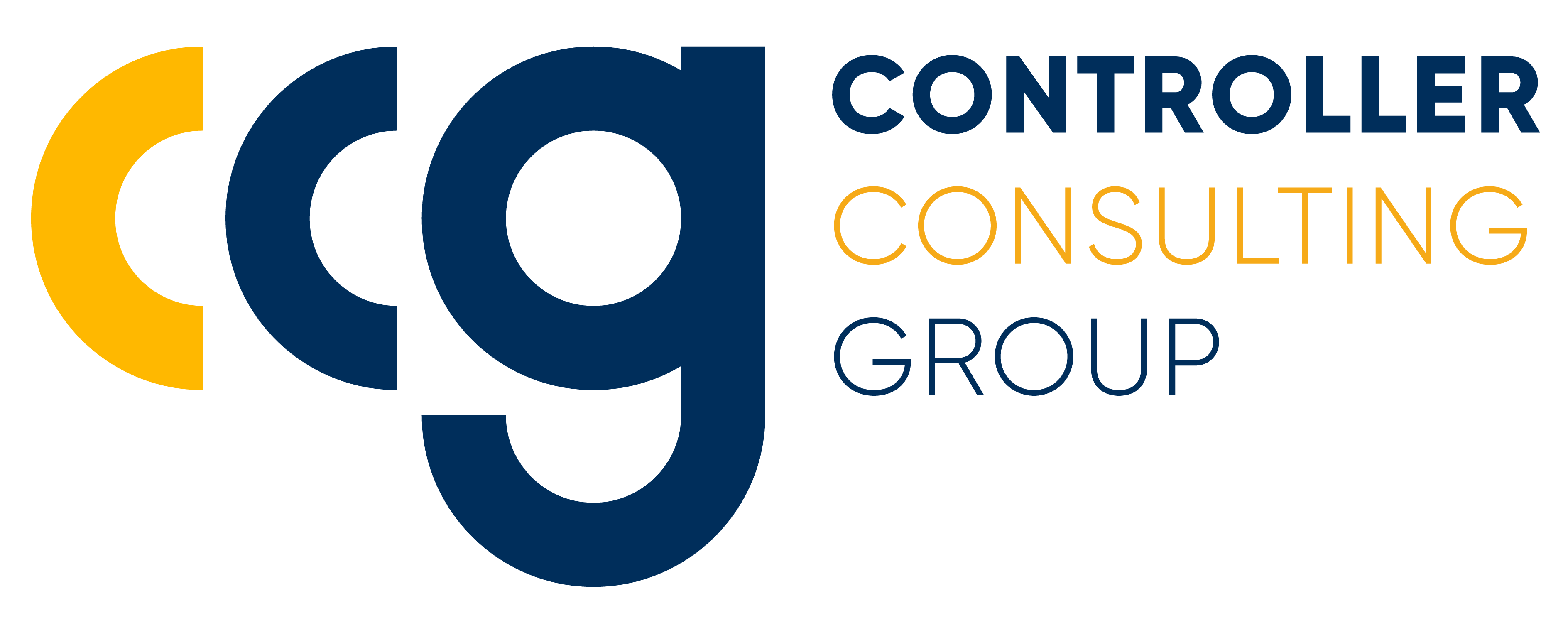Roles of Financial Controller
- June 15, 2022
- Posted by: ccgadmin
- Category: Finance & accounting

Financial controllers are considered as the backbone of every organization. Although it is not a new position for the business world but due to rapid changes in business requirements, roles of financial controllers become very important in ensuring that a business is operating effectively and efficiently. Controller services and duties vary from organization to organization depending on the size of the organization, level of financial reporting and number of employees employed in the accounting department. Small organizations sometimes outsource services of the financial controller to a third party, who have specialized skills and abilities in the required field.
Financial Controllers play their roles parallel with the organization’s management team to run the business smooth and without any emergency situation. The main responsibilities of the financial controller include management of an organization’s finances, reporting, production and other operating segments to ensure maximum profit and high level of internal controls.
In short, the financial controller is a financial reporter i.e. it’s a person who interprets the financial information of the company. The main difference between a company’s CFO and financial controller is that CFO can take drastic decisions regarding any changes in organization’s financial policies while the controller provides an interpretation of financial figures to the internal stakeholders of the organization.
Roles of Financial Controllers:
- Maintain a comprehensive program to meet the current and future needs of business capital.
- Establish and maintain strong relations with the company’s investors, financial institutions and other stakeholders along with market the company’s securities in a well progressive way.
- Establish a short term financing facility for the company to meet any short Cumming of cash or any other asset.
- Maintain strong relations with the banks to get banking facilities on a priority basis.
- Prepare and present all the necessary documents and reporting required by banks.
- Make sure all the bank statements reconcile with companies financial records.
- Analyze credit sales of the company and gets follow up for the company’s debts, whose age exceeds the applicable rule of the company.
- Maintain all the necessary arrangements to get the insurance coverage for all the commodities as required by the company management.
- Maintain a good investment portfolio for the company’s extra cash, and establish rules and policies for investment in pension and other schemes.
- Always maintain the minimum bank balance and provided necessary funds for the company’s upcoming due checks.
- Establish and coordinate a comprehensive plan for the control of operations to all the concern departments.
- Verify and approve all the financial statements in terms of correctness.
- Analyze compare and make reports on all the outcomes of operating plans with the standards, and interpret results to the management and owner of the business.
- Gather all the required information and coordinate with the concern tax department to prepare and complete any documentation required.
- Make sure that the company prepare and present all the reports, required by the government agencies.
- Prepare and maintain a record of monthly sales and tax returns.
- To fill gaps between an organization’s internal controls to safeguard all the company’s assets from misuse and accidental damage by proper internal audit and insurance coverage.
- Analyze the changes in economic and government rules and regulations and prepare adequate policies to minimize their effect.
- To analyze and determine the market and establish a real rate of return for investment proposals.
- Prepare budget by analyzing the previous financial records, and set standards to control cost and improve efficiency.
- Calculate the required margin and set prices for all the company’s products and services.
- Calculate future profits and expenses with the help of previous financial records.
- Calculate and manage future cash flows according to the company’s needs.
